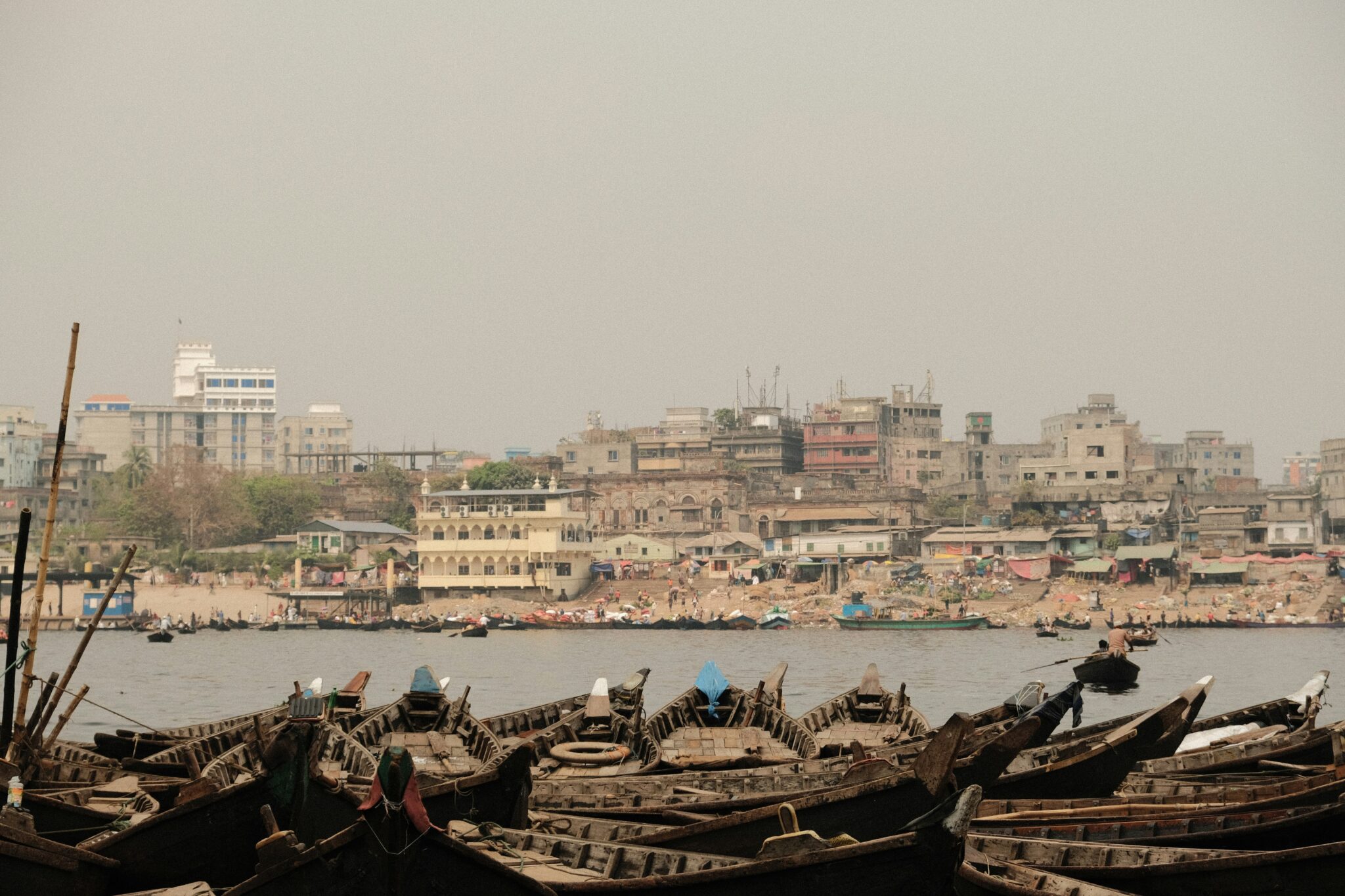
Esther Ritchin is a student at Harvard Law School.
In today’s news and commentary, the Bronx Defenders Union announces a tentative collective bargaining agreement, Amazon workers continue a strike in Skokie, and Bangladeshi students continue protests over government job quotas.
On July 18, the Bronx Defenders Union announced a tentative collective bargaining agreement. The union wrote that bargaining took 17 hours and concluded past two in the morning, but the resulting agreement includes 8-10% salary increases for the Bronx Defender staff, a two-year contract, the right to strike for wages after the first year, a flexible remote work policy, and a free speech provision. As Holden reported, the union had authorized a strike earlier this week in response to the employer’s unwillingness to bargain in good faith.
In Skokie, a suburb just north of Chicago, Amazon workers have been on strike since June 26. The workers, organized with the Teamsters Local 705, are demanding union recognition and a fair contract. Workers hope to gain a fair wage, affordable healthcare, and safer working conditions. The strike was strong in advance of Prime Day, during which Amazon advertises sales for its Prime members.
Bangladesh has closed schools–high schools, colleges, and seminaries–in response to the student protests, where violence between police and protestors has led to at least 25 casualties. The students are protesting the current quota system in which 30% of government jobs are reserved for the children and grandchildren of people who fought for Bangladesh’s independence from Pakistan. The students are advocating for the “freedom fighter” quota to be replaced with merit-based positions. They are not calling for an end to the other quota categories (including jobs reserved for women and ethnic minorities, among other categories). The quota had been halted in 2018, after a wave of student protests, but the Bangladesh High Court reinstated the quota system last month. The Supreme Court has suspended the High Court’s ruling and says it plans to rule on the quotas by August 7.






Daily News & Commentary
Start your day with our roundup of the latest labor developments. See all
February 20
An analysis of the Board's decisions since regaining a quorum; 5th Circuit dissent criticizes Wright Line, Thryv.
February 19
Union membership increases slightly; Washington farmworker bill fails to make it out of committee; and unions in Argentina are on strike protesting President Milei’s labor reform bill.
February 18
A ruling against forced labor in CO prisons; business coalition lacks standing to challenge captive audience ban; labor unions to participate in rent strike in MN
February 17
San Francisco teachers’ strike ends; EEOC releases new guidance on telework; NFL must litigate discrimination and retaliation claims.
February 16
BLS releases jobs data; ILO hosts conference on child labor.
February 15
The Office of Personnel Management directs federal agencies to terminate their collective bargaining agreements, and Indian farmworkers engage in a one-day strike to protest a trade deal with the United States.